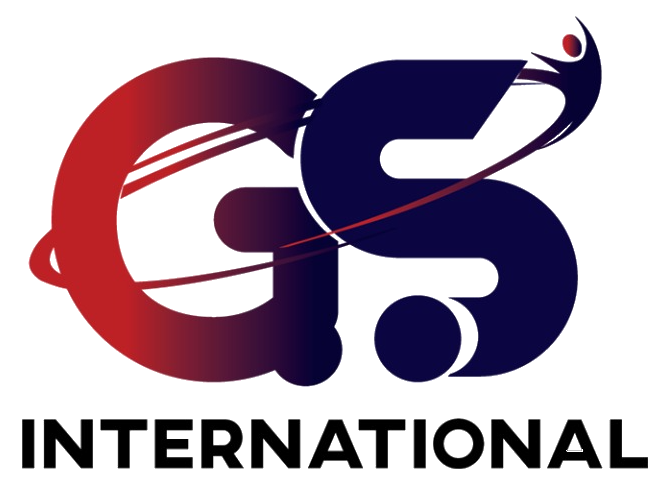IRCC has yet to announce information about the Parent and Grandparents Program (PGP) 2022, but here’s what we have learned.
By the immigration Levels Plan 2021-2023, Immigration, Refugees and Citizenship Canada (IRCC) expects to accept 23,500 immigrants as part of the PGP in 2022.
Before the coronavirus pandemic, IRCC released details on the latest PGP intake at the beginning of January every year. While the disease was in progress, IRCC provided updates and conducted PGP lotteries during the autumns of 2020 and 2021.
The date IRCC decides to launch PGP 2022 is yet to be determined. We don’t know exactly what format it will adopt. In the past, IRCC has stuck to an annual lottery in which it randomly chooses sponsors who have filled out the expression of interest available on the IRCC website. Before the outbreak, IRCC was exploring other ways to handle the PGP because the need to sponsor parents and grandparents surpasses the number of slots. In 2020 and 2021, IRCC received around 200,000 expressions of interest form. The department is processing an additional 40,000 applications in the 2021 and 2020 PGP intakes.
There is some information, however, that we already have available. For instance, IRCC continues to affirm that the processing standard for PGP applications is 20-24 months.
Additionally, the criteria IRCC uses to determine eligibility in the case of a PGP sponsor is:
- Have the status of a Canadian citizen or permanent resident or recognized Indian as per the Canadian Indian Act;
- At a minimum, 18 years old.
- You must be a resident of Canada;
- You must meet the minimum income requirement to be eligible for PGP (married and common-law partners may share their incomes if they choose to sign the application together) and prove earnings to IRCC by providing Canada Revenue Agency (CRA) Notices of Assessments.
- In a legal agreement, they will financially support the people they sponsor for 20 years and pay back any social assistance requested by the individual within the timeframe.
The minimum required amount of income (MNI) depends on the size of your family and the place you reside in Canada. If you live outside of Quebec, the tax will be assessed on your income during the 2021, 2020 or 2019 tax years. If you are in Quebec, You will be evaluated based on the amount you earned in the last 12 months.
Take a look at using the Super Visa as another option.
There is also the Super Visa, another option worth reconnecting with your grandparents and parents in Canada. This Super Visa allows your parents and grandparents to visit Canada repeatedly over 10 years.
